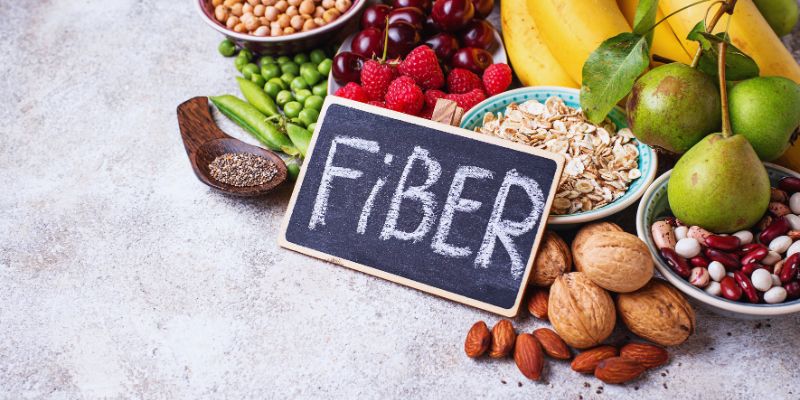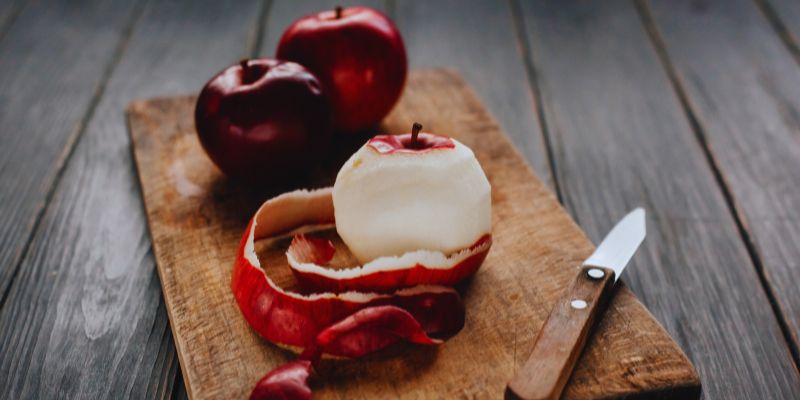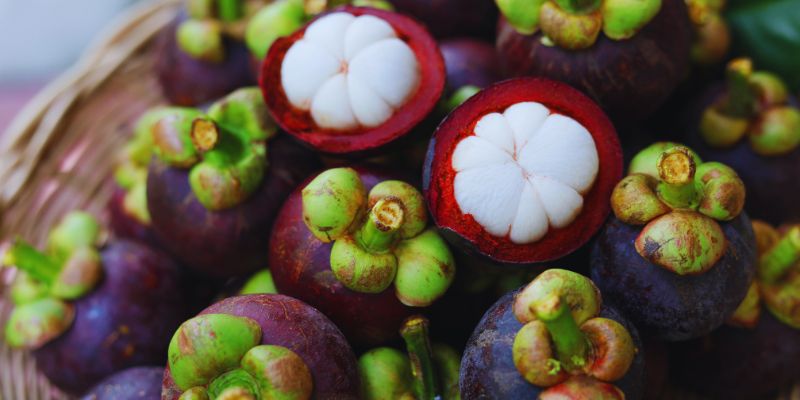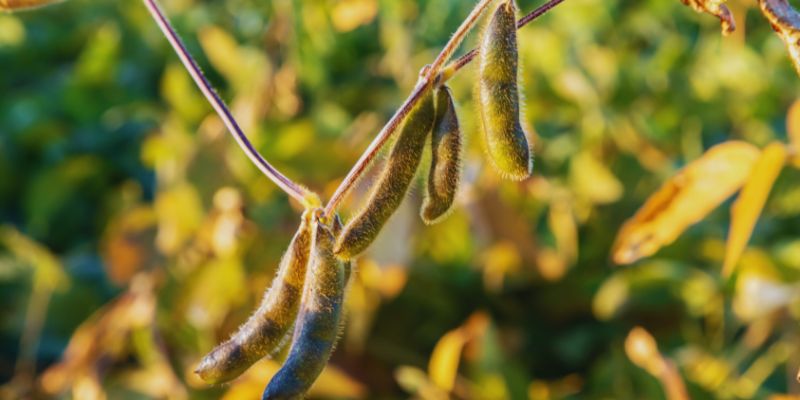Daily living can be disrupted by irritable bowel syndrome (IBS), which causes discomfort and doubt about dietary decisions. Diet—especially foods high in fiber—is one of the best strategies for controlling IBS. Though not all fibers are equal, fiber helps control digestion, lessen constipation, and ease bloating. For those with IBS, selecting the proper kinds of fibers is crucial.
In foods such as chia seeds, oats, and bananas, soluble fiber—which is easy on the digestive system—can help without aggravating symptoms. This guide will look at the finest high-fiber foods for IBS and provide easy, delicious recipes to help you negotiate your diet. Whether you have diarrhea or constipation, including the correct fiber will help greatly affect your symptoms.

Why Fiber Matters for IBS?
Fiber is vital for digestion for patients with Irritable Bowel Syndrome (IBS). It supports general gut health by helping food pass the digestive tract and stimulates consistent bowel motions. For those with IBS, both soluble and insoluble fibers have special advantages. Absuming water, soluble fiber creates a gel-like structure that slows down digestion.
For those with diarrhea-predominant IBS, this can especially assist in controlling bowel motions and stopping urgency. Foods heavy in soluble fiber are chia seeds, bananas, and oats. Conversely, insoluble fiber gives feces more weight, encouraging regularity and relieving constipation. Those with constipation-predominant IBS may find this kind of fiber useful. Good suppliers of insoluble fiber are foods including whole grains, sweet potatoes, and carrots.
Best High-Fiber Foods for IBS
When choosing high-fiber foods for IBS, you should pay particular attention to mild ones on your digestive tract. Knowing which foods to prioritize is crucial, as some can aggravate IBS symptoms.
- Oats: Soluble fiber comes rather naturally from oats. They can help ease diarrhea and constipation and be mild on the stomach. Many kinds of oats are possible: oatmeal, oat flour, and overnight oats. Without aggravating bowel motions, this diet can control them.
- Chia Seeds: Chia seeds abound in fiber, especially soluble fiber. They absorb water and have a gel-like consistency that might help manage IBS symptoms. Toss chia seeds into yogurt, smoothies, or baked products for a fiber kick.
- Carrots: Soluble and insoluble fiber abound in carrots. For those with IBS, they are a gentle and simple-to-digest vegetable. Raw, steamed, or roasted carrots can also be included in soups and stews. They are not harsh on the digestive tract but offer a reasonable fiber balance.
- Bananas: Soluble fiber comes well from bananas. Those with IBS would find them ideal since they are very easy to digest. Bananas calm the stomach and help control bowel motions. Eating a ripe banana is also helpful for some IBS symptoms like bloating and gas.
- Sweet Potatoes: Sweet potatoes abound in vitamins and fiber. For those with IBS and constipation especially, they are quite helpful. Soluble fiber in sweet potatoes can assist digestion and offer long-term constipation relief. You might roast them, mash them, or toss them into soups.
- Avocados: Avocados provide a wonderful supply of good fats and fiber. Soluble fiber included in them can help relieve IBS symptoms and ease digestion. Including avocado in your meals will boost general gut health and encourage regular bowel motions.
- Apples (Peeled): Particularly when peeled, apples abound in soluble fiber. Sometimes, it is challenging for IBS sufferers to handle insoluble fiber included in the apple peel. Eliminating the peel helps apples to break down more easily. One can have apples baked or raw for a great snack.

Fiber-Rich IBS Recipes
Including fiber-rich foods in your regular diet doesn't have to be difficult. Try some simple yet fantastic dishes here:
- Oatmeal with Chia Seeds and Banana: This breakfast meal is easy to digest and loaded with fiber. Cook rolled oats slowly in water or almond milk. Add one spoonful of chia seeds, then top it with sliced bananas. For a much better taste, sprinkle cinnamon on it as well.
- Carrot and Sweet Potato Soup: This soothing soup is mild on the stomach and nourishing. In a pot, saute the sweet potatoes and carrots with onions and garlic. Add vegetable broth; simmer until soft. Blend till smooth; season with salt, pepper, and ginger for warmth. IBS flare-ups might make this soup ideal for calming.
- Avocado Toast with a Twist: Mash half an avocado on whole-grain toast for a fast, high-fiber snack. Top with a couple of slices of banana and some chia seeds. This basic recipe offers a good balance of soluble and insoluble fiber and good digestible lipids.
- Baked Apples with Cinnamon: Baked apples are easy to make and a great treat with lots of fiber. Core apples and pack them with oats, chia seeds, and a little cinnamon. Bake till soft, then savor a warm, comforting delicacy. Apple's fibrous content aids in good digestion.
Common Mistakes to Avoid
Many people make blunders while trying to increase their fiber intake for IBS relief, which could aggravate their symptoms. One often occurring mistake is rapidly increasing fiber. Suddenly, increasing fiber intake might cause stomach cramps, gas, and bloating. Introducing fiber gradually allows your digestive tract time to adapt. Not drinking enough water is another blunder. Smooth movement of fiber through your intestines depends on water.
Fiber might aggravate constipation rather than help in cases of insufficient fluids. Some people also concentrate too heavily on insoluble fiber, aggravating sensitive stomachs. Although insoluble fiber provides advantages, in those with IBS, it can cause discomfort. Another blunder is ignoring how your body responds to specific high-fiber foods.
Conclusion:
IBS can be managed with the correct high-fiber diets, and daily comfort will be enhanced. Selecting mild insoluble and soluble fiber sources helps control bowel motions and ease pain. Start gently; sip lots of water; pay close attention to your body's cues. Steer clear of typical errors like rapidly boosting fiber or discounting how particular foods affect you. Easy meals like porridge with chia seeds or carrot soup let you eat well. Smart, slow modifications will help to reduce IBS symptoms and promote improved digestion. A balanced, high-fiber diet improves long-term gut health.












